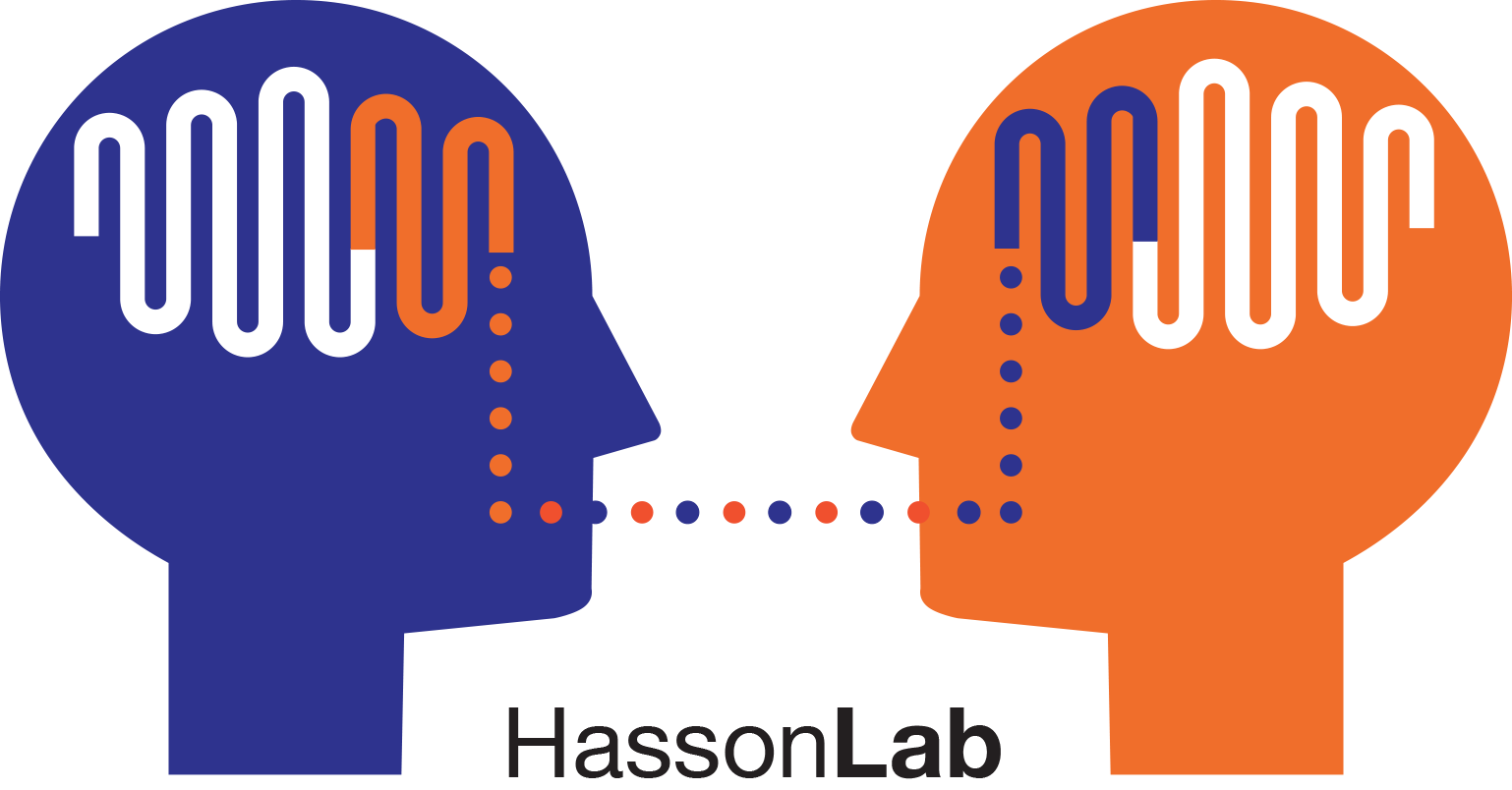Perspective changes in human listeners are aligned with the contextual transformation of the word embedding space
Type
Word embedding representations have been shown to be effective in predicting human neural responses to lingual stimuli. While these representations are sensitive to the textual context, they lack the extratextual sources of context such as prior knowledge, thoughts, and beliefs, all of which constitute the listener’s perspective. In this study, we propose conceptualizing the listeners’ perspective as a source that induces changes in the embedding space. We relied on functional magnetic resonance imaging data collected by Yeshurun Y, Swanson S, Simony E, Chen J, Lazaridi C, Honey CJ, Hasson U. Same story, different story: the neural representation of interpretive frameworks. Psychol Sci. 2017:28(3):307–319, in which two groups of human listeners (n = 40) were listening to the same story but with different perspectives. Using a dedicated fine-tuning process, we created two modified versions of a word embedding space, corresponding to the two groups of listeners. We found that each transformed space was better fitted with neural responses of the corresponding group, and that the spatial distances between these spaces reflect both interpretational differences between the perspectives and the group-level neural differences. Together, our results demonstrate how aligning a continuous embedding space to a specific context can provide a novel way of modeling listeners’ intrinsic perspectives.

